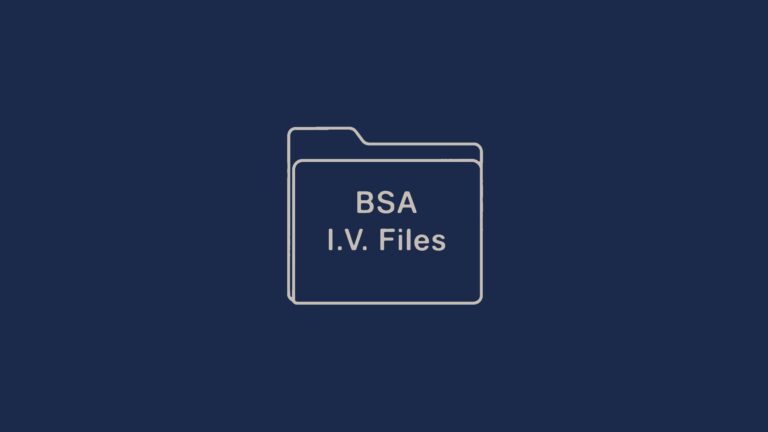Categories of Washington Sexual Abuse
In Washington State, sexual abuse encompasses various offenses such as rape, sodomy, unlawful penetration, sexual abuse, online sexual corruption of a child, contributing to the sexual delinquency of a minor, and sexual misconduct. Each category represents a distinct type of sexual act, and many are further broken down into degrees of seriousness—first, second, and occasionally third-degree, with first-degree offenses being the most severe and third-degree offenses the least severe. Moreover, the legal system categorizes each offense and its level of severity into felonies and misdemeanors. These are then classified into classes A, B, and C, with class A offenses being the most grave and class C the least.
Rape, Sodomy, or Unlawful Sexual Penetration
There are several classifications and definitions of rape, including:
Rape in the First Degree (RCW 9A.44.040) – A Class A felony with potential life imprisonment and/or fines of $50,000. Defined as engaging in sexual intercourse with another person by forcible compulsion and the defendant or an accessory:
-
- Uses or threatens to use a deadly weapon or what appears to be a deadly weapon; or
- Kidnaps the victim; or
- Inflicts serious physical injury, including but not limited to physical injury which renders the victim unconscious; or
- Feloniously enters into the building or vehicle where the victim is situated.
Rape in the Second Degree (RCW 9A.44.050) – Also a Class A felony with penalties up to life in prison and fines up to $50,000. Definition: Under circumstances not constituting rape in the first degree, the defendant engages in sexual intercourse with another person:
-
- By forcible compulsion;
- When the victim is incapable of consent by reason of being physically helpless or mentally incapacitated;
- When the victim is a person with a developmental disability and the defendant is a person who:
- Has supervisory authority over the victim; or
- Was providing transportation, within the course of his or her employment, to the victim at the time of the offense;
- When the defendant is a health care provider, the victim is a client or patient, and the sexual intercourse occurs during a treatment session, consultation, interview, or examination.
- Exception if the defendant can prove by a preponderance of the evidence that the client or patient consented to the sexual intercourse with the knowledge that the sexual intercourse was not for the purpose of treatment;
- When the victim is a resident of a facility for persons with a mental disorder or chemical dependency and the defendant is a person who has supervisory authority over the victim; or
- When the victim is a frail elder or vulnerable adult and the defendant is a person who:
- Has a significant relationship with the victim; or
- Was providing transportation, within the course of his or her employment, to the victim at the time of the offense.
Rape in the Third Degree (RCW 9A.44.060) – A Class C felony with prison sentences of up to 5 years and fines of up to $10,000. Definition: Under circumstances not constituting rape in the first or second degrees, the defendant engages in sexual intercourse with another person:
-
- Where the victim did not consent to sexual intercourse with the defendant, or
- Where there is a threat of substantial unlawful harm to the property rights of the victim.
Sexual Abuse and Sexual Assault
The definition of sexual abuse can vary depending on the legal framework. In criminal law, statutes often define and prosecute unwanted sexual actions by categorizing them into specific offenses such as “rape,” “sodomy,” “unlawful penetration,” and “sexual abuse,” among others, based on how invasive the unwanted sexual act was. These criminal categories are further organized into levels of severity, sometimes referred to as “degrees,” depending on the specific circumstances of the case.
In contrast, civil law definitions of sexual abuse tend to be broader. For instance, in Washington, the civil statute of limitations permits legal actions for incidents of “sexual abuse or exploitation,” broadening the scope of what can be legally addressed beyond the confines of criminal law.
Sexual Assault in the First Degree (RCW 9A.44.040) – A Class A felony that is punishable by a maximum of life imprisonment and a fine. This is defined as engaging in sexual intercourse with another person by forcible compulsion where the victim is incapable of consent due to a physical helplessness, or the perpetrator knows that the victim is incapable of consent.
Sexual Assault in the Second Degree (RCW 9A.44.050) – A Class B felony with penalties of up to ten years in prison and a fine. Defined as when a person engages in sexual intercourse with another person who is incapable of consent or has a mental incapacity. It also includes cases where the perpetrator engages in sexual contact with a person who is 14 or 15 years old and the age difference is at least 48 months.
Child Sexual Abuse Laws Washington – Including Child Molestation, Sexual Misconduct with a Child & Statutory Rape
Sexual definitions of child molestation include:
Child Molestation in the First Degree (RCW 9A.44.083) – A Class A felony carrying penalties including a maximum of life in prison and fines up to $50,000. Defined as when the defendant has, or knowingly causes, another person under the age of 18 to have sexual contact with another who is less than 12 years old and the defendant is at least 36 months older than the victim.
Child Molestation in the Second Degree (RCA 9A.44.086) – A Class B felony with imprisonment of up to 10 years and a fine of up to $20,000. Defined as when the defendant has, or knowingly causes, another person under the age of 18 to have sexual contact with another who is at least 12 years old but less than 14 years old and the defendant is at least 36 months older than the victim.
Child Molestation in the Third Degree (RCW 9A.44.089) – A Class C felony that carries a prison term of up to 5 years and a fine up to $10,000. Defined as when the defendant has, or knowingly causes, another person under the age of 18 to have sexual contact with another who is at least 14 years old but less than 16 years old and the defendant is at least 48 months older than the victim.
Sexual definitions of statutory rape include:
Rape of a Child in the First Degree (RCW 9A.44.073) – A Class A felony with penalties that include up to life in prison and a fine of $50,000. Defined as engaging in sexual intercourse with another who is less than 12 years old, and the defendant is at least 24 months older than the victim.
Rape of a Child in the Second Degree (RCW 9A.44.076) – A Class B felony with imprisonment up to life and a fine of $50,000. Defined as engaging in sexual intercourse with another who is at least 12 years old but less than 14 years old, not married to the defendant, and the defendant is at least 36 months older than the victim.
Rape of a Child in the Third Degree (RCW 9A.44.079) – A Class C felony with penalties that include up to 5 years in prison and a fine of $10,000. Defined as engaging in sexual intercourse with another who is at least 14 years old but less than 16 years old and the defendant is at least 48 months older than the victim.
Sexual definitions of sexual misconduct with a minor include:
Sexual Misconduct with a Minor in the First Degree (RCW 9A.44.093) – A Class C felony with penalties that include up to 5 years in prison and a fine of $10,000. Defined as engaging, or knowingly causing another person under the age of 18 years to engage, in sexual intercourse with another person who is at least 16 years but less than 18 years and the defendant is:
-
- At least 60 months older than the victim;
- In a significant relationship to the victim; and
- Abuses a supervisory position within that relationship in order to engage, in or cause another person under the age of 18 to engage in, sexual intercourse with the victim;
- Defendant is a school employee who has or knowingly causes another person under the age of 18 to have, sexual intercourse with an enrolled student of the school who is at least 16 years old and not more than 21 years old if the employee is at least 60 months older than the student; or
- Defendant is a foster parent who has, or knowingly causes another person under the age of 18 to have, sexual intercourse with his or her foster child who is at least 16.
Sexual Misconduct with a Minor in the Second Degree (RCW 9A.44.096) – A gross misdemeanor with penalties that include a maximum of 364 days in prison and a fine up to $5,000. Defined as engaging, or knowingly causing another person under the age of 18 years to engage, in sexual contact with another person who is at least 16 years but less than 18 years; and the defendant is:
-
- At least 60 months older than the victim;
- In a significant relationship to the victim; and
- Abuses a supervisory position within that relationship in order to engage, in or cause another person under the age of 18 to engage in, sexual contact with the victim;
- Defendant is a school employee who has, or knowingly causes another person under the age of 18 to have, sexual contact with an enrolled student of the school who is at least 16 years old and not more than 21 years old if the employee is at least 60 months older than the student; or
- Defendant is a foster parent who has, or knowingly causes another person under the age of 18 to have, sexual contact with his or her foster child who is at least 16.
Indecent Liberties
Indecent Liberties generally refers to a legal term used to describe inappropriate or unlawful sexual conduct. In Washington, Indecent Liberties is a criminal offense that involves engaging in sexual acts or behavior with someone without their consent or engaging in sexual acts with a minor. The statute encompasses a range of actions that violate the personal boundaries and integrity of another person.
Indecent Liberties (RCW 9A.44.100) – A Class B felony with penalties that include up to 10 years in prison and a $20,000 fine. Indecent Liberties by forcible compulsion is a Class A felony and carries prison terms of up to life with a fine of $50,000. Defined as when the defendant knowingly causes another person to have sexual contact with him or her or another:
-
- By forcible compulsion;
- When the other person is incapable of consent by reason of being mentally defective, mentally incapacitated, or physically helpless;
- When the victim is a person with a developmental disability and the perpetrator is a person who:
- Has supervisory authority over the victim; or
- Was providing transportation, within the course of his or her employment, to the victim at the time of the offense;
- When the perpetrator is a health care provider, the victim is a client or patient, and the sexual contact occurs during a treatment session, consultation, interview, or examination. It is an affirmative defense that the defendant must prove by a preponderance of the evidence that the client or patient consented to the sexual contact with the knowledge that the sexual contact was not for the purpose of treatment;
- When the victim is a resident of a facility for persons with a mental disorder or chemical dependency and the perpetrator is a person who has supervisory authority over the victim; or
- When the victim is a frail elder or vulnerable adult and the perpetrator is a person who:
- Has a significant relationship with the victim; or
- Was providing transportation, within the course of his or her employment, to the victim at the time of the offense.
Where to Report
Contact Information for Washington’s Child Protective Services and Adult Protective Services:
Child Protective Services (CPS): To report child sexual abuse, contact the Washington State Department of Children, Youth, and Families (DCYF) Child Abuse Hotline at 1-866-ENDHARM (1-866-363-4276).
Adult Protective Services (APS): To report adult sexual abuse or abuse of vulnerable adults, contact the Washington DHS hotline at 1-866-ENDHARM (1-866-363-4276). Reports can also be submitted online through the DSHS website: https://fortress.wa.gov/dshs/altsaapps/OCR/publicOCR.PubRptInputReporterInformation.executeLoad.action
Any proper law enforcement agency (including 911).
Crew Janci and our team of legal experts and support staff may be able to help. Contact us today!
9755 SW Barnes Road, Suite 430, Portland, Oregon 97225
(888) 407-0224
info@crewjanci.com
Submit Our Confidential Form































